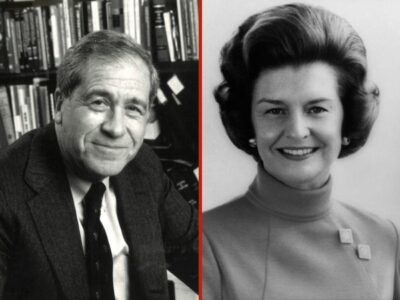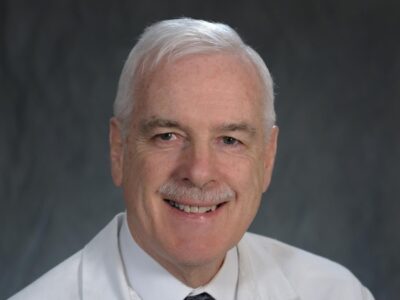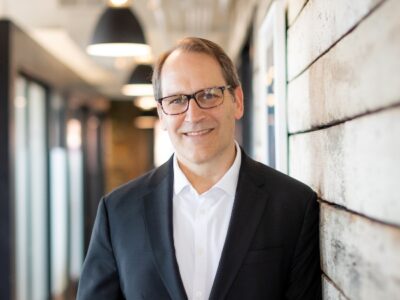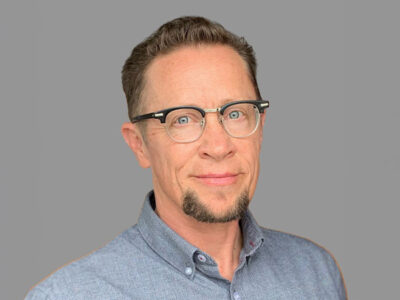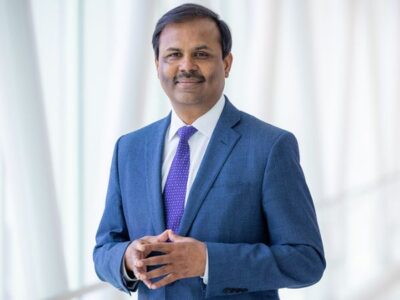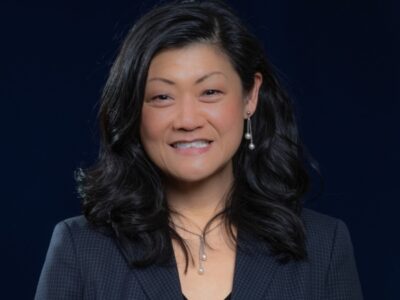It is rare that an ABC Movie of the Week endures. Buzz Kulik’s 1971 “Brian’s Song” is a notable exception.
The National Academy of Medicine recognized the value of correlative science in publicly funded clinical trials in 2010, recommending “the incorporation of innovative science into cancer clinical trials through the support and use of biorepositories.”
I was a practicing pediatric hematologist oncologist and researcher for 21 years. As a doctor, it was a tremendous privilege to be invited into the lives of patients and families dealing with blood cancers and be entrusted with their care. As a researcher, it was incredibly rewarding to help bring more effective blood cancer therapies to kids.
In this country, we have museums devoted to natural history, culture, space exploration, sports, civil rights, and all manner of creative expression. But surprisingly, one of our nation’s most important human endeavors—the quest to translate scientific discoveries into medical advances—lacks a national venue that captures the drama of its story.
Sometimes profoundly important public health opportunities are discovered by accident.
Twenty years ago, the discovery of epidermal growth factor receptor mutations as drivers of tumorigenesis and viable targets for therapeutic intervention marked the beginning of a new era in lung cancer diagnosis and treatment. Since then, the field has made remarkable progress towards developing more effective targeted treatments and immunotherapies that have significantly improved patient outcomes and survival.
“When I joined ASCO in 2001, the most important thing to me was networking. I savored the opportunities to come to the annual meeting to meet and to talk with those who had led the studies that would inform standards of care, particularly in gynecologic oncology,” said Don S. Dizon.
So far in 2024, 516 anti-queer bills have been introduced in state legislatures across the country, part of a coordinated effort where bills getting traction in one state are soon parroted by legislators in others.
When I started fellowship training in the year 2000, the response from everyone when I mentioned my interest in lung cancer was nearly the same: “Are you sure?”
While cutting-edge therapies grace headlines, the impact of breakthrough research remains limited due to patient access, affordability, and adherence.


